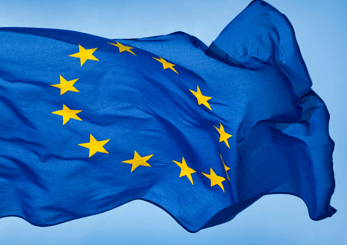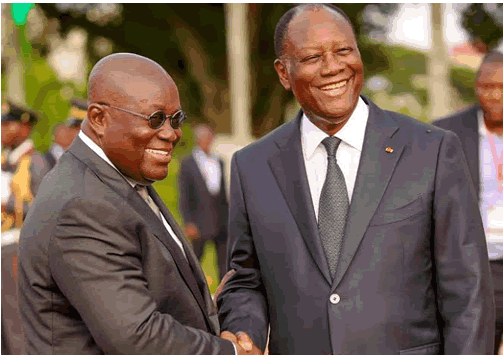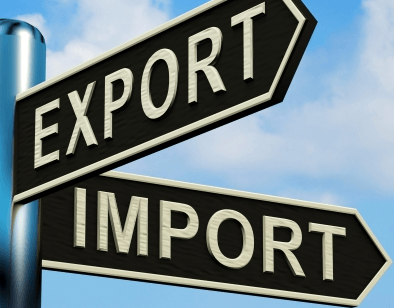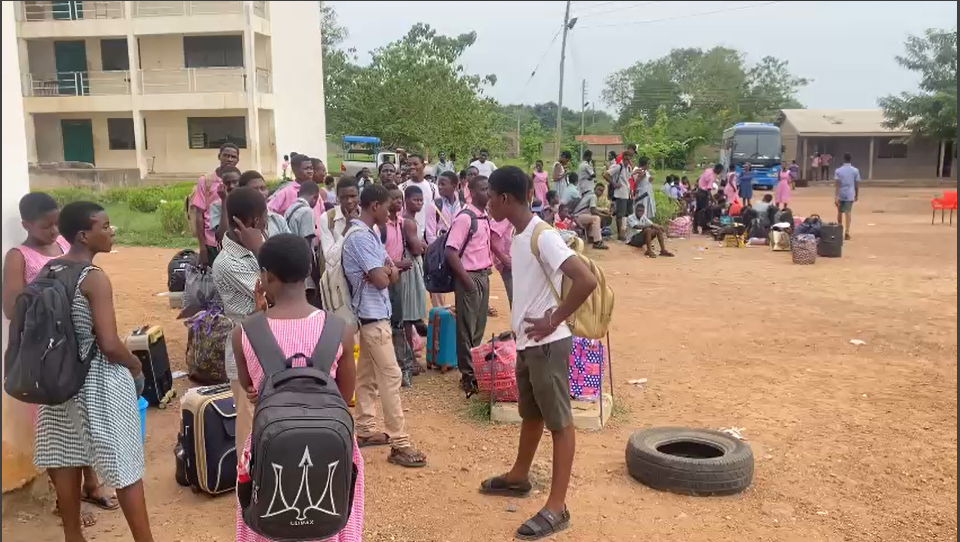
1.0. Introduction
The African Growth and Opportunity Act (AGOA), a U.S. trade initiative launched in 2000, is set to expire on September 30, 2025 (AGOA.info, 2024).
While the program has historically enjoyed bipartisan support, recent efforts to secure its renewal have encountered significant obstacles.
In December 2024, partisan divisions within the U.S. Congress prevented AGOA’s renewal from being included in an emergency funding bill, casting uncertainty over its future (AGOA.info, 2024; Center for Strategic and International Studies [CSIS], 2024).
AGOA has been a cornerstone of U.S.-Africa economic relations, offering duty-free access to U.S. markets for a wide range of goods as a means to encourage trade and investment across the African continent.
The program has facilitated economic growth in numerous African nations by increasing exports, particularly in sectors such as textiles, agriculture, and manufacturing. However, with its expiration date rapidly approaching and no immediate renewal in sight, concerns are mounting about the potential economic fallout for African economies that have come to rely on AGOA benefits (CSIS, 2024).
Yet, the looming question remains: Is the expiration of AGOA necessarily a catastrophe for Africa, or could it serve as a pivotal moment for reimagining the continent’s economic trajectory? Could the end of AGOA inspire African nations to reduce dependency on external trade incentives and instead catalyze a new era of intra-African trade and self-reliant economic empowerment? This turning point presents both challenges and opportunities, offering a chance to explore innovative solutions for sustainable growth and development across the continent.
2.0. Structural Barriers to Trade Growth under AGOA: A Policy Analysis
While AGOA has supported African exports, it has also perpetuated structural weaknesses in the region’s economies.
Many African nations have remained overly reliant on low-value commodity exports, such as textiles and agricultural goods, rather than building diversified, high-value industries (UNCTAD, 2022). AGOA inadvertently created a dependency on external markets without pushing for deeper regional trade integration.
According to the United Nations Conference on Trade and Development (UNCTAD), intra-African trade accounts for only 16% of the continent’s total trade, compared to 68% in Europe and 59% in Asia (UNCTAD, 2022). The cancellation of AGOA could force African nations to rethink their trade and industrial policies, shifting focus inward to foster regional trade, strengthen domestic industries, and create value-added goods for global markets (UNCTAD, 2022).
3.0. AGOA’s Role in Strengthening Africa’s Industrial Value Chains
The expiration of the African Growth and Opportunity Act (AGOA) could serve as a catalyst for Africa to pivot from reliance on preferential trade agreements toward building resilient and self-sustaining value chains.
By focusing on leveraging local resources and expertise, African countries have an opportunity to significantly increase their share of value addition across industries such as agribusiness, renewable energy, and technology. This approach ensures that the continent retains more value from its resources, fostering sustainable economic growth.
A prime example lies in the cocoa industry. Africa accounts for over 70% of global cocoa production, with Côte d’Ivoire and Ghana being the largest producers (Food and Agriculture Organization, 2021). Despite this, most of the continent’s cocoa is exported as raw beans, leaving the higher-value chocolate production to countries outside Africa (International Cocoa Organization, 2022).
If AGOA were to expire, countries like Ghana and Côte d’Ivoire could be incentivized to expand local chocolate manufacturing industries. By doing so, they could capture higher profit margins, reduce dependence on raw commodity exports, and create more jobs across the value chain.
Additionally, the post-AGOA era could offer significant opportunities for diasporan investors. As African countries scale up their production capabilities, partnerships with the African diaspora could help bridge financial, technical, and market access gaps. Diasporan investors can collaborate with local entrepreneurs to establish processing facilities, promote renewable energy solutions, and enhance technological innovation, thereby unlocking access to both regional and international markets.
4.0. AGOA and the African Continental Free Trade Area (AfCFTA)
One of the most promising opportunities arising from the potential cancellation of the African Growth and Opportunity Act (AGOA) is the acceleration of the African Continental Free Trade Area (AfCFTA). With 54 African nations committed to creating a single market, the AfCFTA is poised to become the world’s largest free trade area, encompassing over 1.3 billion people and a combined GDP of $3.4 trillion (African Union, 2020).
This transformative initiative aims to reduce intra-African tariffs, harmonize regulations, and promote regional trade, which remains underexploited compared to trade with external partners.
Without the preferential access to U.S. markets provided by AGOA, African countries may prioritize internal trade reforms and regional collaboration under the AfCFTA framework. This shift could incentivize governments to align their trade policies and invest in infrastructure to support seamless cross-border trade (Economic Commission for Africa [ECA], 2021).
By doing so, the AfCFTA has the potential to drive industrialization, stimulate innovation, and create millions of jobs across key sectors such as manufacturing, agriculture, and services (World Bank, 2020).
For African diasporans, the unfolding developments offer a game-changing moment. The AfCFTA provides fertile ground for investments in manufacturing, logistics, and technology. These sectors are vital for building competitive industries and fostering economic integration across the continent (UNCTAD, 2022). By leveraging their resources, expertise, and global networks, members of the diaspora can play a pivotal role in shaping Africa’s trade and development trajectory.
5.0. The Role of the African Diaspora in Advocating for AGOA Expansion
The African Diaspora holds a unique position to lead Africa’s economic resurgence in the wake of evolving global trade dynamics. Without the African Growth and Opportunity Act (AGOA) or its benefits, Sub-Saharan Africa will need to rely on strategic partnerships to foster resilient industries, finance transformative infrastructure projects, and stimulate innovation. This opportunity aligns with the increasing calls for self-reliance and sustainable development within Africa (Okonjo-Iweala, 2021).
As global attention shifts toward equitable partnerships, the African Diaspora can play a pivotal role in facilitating this transition. With their financial resources, skills, and connections, diasporans can drive entrepreneurship, create jobs, and improve access to global markets. Research has shown that remittances from the African Diaspora already surpass traditional foreign aid, underscoring their capacity to fund transformative projects (World Bank, 2022).
By working collaboratively, African diasporans can become central architects of a new economic order, one rooted in innovation, inclusivity, and long-term development. This collective effort can include mentorship programs for local entrepreneurs, co-investment in startups, and collaboration with policymakers to shape favorable economic ecosystems (Ncube & Anyanwu, 2021). Moreover, these initiatives can capitalize on Africa’s untapped potential, such as its youthful population and vast natural resources, to build sustainable growth models.
The time to act is now. By connecting with local entrepreneurs, leveraging their unique insights, and investing strategically, the African Diaspora can transform challenges into opportunities, ushering in a new era of economic empowerment for the continent.
6.0. Conclusion
The African diaspora has a unique role to play in the economic transformation of Africa. With the continent’s economy poised for growth, it offers a plethora of opportunities in various sectors such as technology, agriculture, manufacturing, and renewable energy. Whether as investors, entrepreneurs, or professionals, African diasporans have the potential to drive impactful changes by leveraging their skills, resources, and networks.
Opportunities for Engagement
Africa is home to some of the fastest-growing economies globally and a burgeoning middle class, creating demand for innovative products and services (McKinsey Global Institute, 2020). This environment is ripe for joint ventures and funding startups that address local needs. Diasporans can support emerging businesses by providing capital, mentorship, and access to global markets. Their involvement not only contributes to economic growth but also strengthens ties between the diaspora and the continent.
Call to Action
Now is the time for African diasporans to act. By collaborating on ventures in Sub-Saharan Africa, they can help unlock the continent’s economic potential and create lasting impacts. Alvin Cheeks, a well-known advocate for Africa-focused investments, emphasizes the importance of forming strategic collaborations to harness these opportunities effectively. His initiatives aim to connect diasporans with the resources and partnerships needed to make meaningful contributions to Africa’s development (Cheeks, 2024).
Reference
African Union. (2020). The African Continental Free Trade Area (AfCFTA): What it means and what is
at stake. Retrieved from https://au.int
AGOA.info. (2024, December 16). U.S. Congress blows last chance to renew AGOA this year.
Retrieved from https://agoa.info/news/article/16539-us-congress-blows-last-chance-to-renew-agoa-this-year.html
Center for Strategic and International Studies. (2024, December 14). AGOA: The ship is sinking, and
Congress must act now to save it. Retrieved from https://www.csis.org/analysis/agoa-ship-
sinking-congress-must-act-now-save-it
Cheeks, A. (2024). Building Bridges: Diasporan Investments in Africa. Global Investment Network.
Economic Commission for Africa (ECA). (2021). Harnessing the AfCFTA to accelerate economic
transformation in Africa. Addis Ababa: United Nations Economic Commission for Africa.
Food and Agriculture Organization. (2021). World cocoa production statistics. Retrieved from http://fao.org
International Cocoa Organization. (2022). Cocoa market report. Retrieved from http://icco.org
Ncube, M., & Anyanwu, J. C. (2021). Entrepreneurship and innovation in Africa: Drivers of economic
transformation. African Development Bank.
McKinsey Global Institute. (2020). Africa’s economic potential: Rising demand and emerging
markets. McKinsey & Company.
Okonjo-Iweala, N. (2021). Africa’s path to economic resilience and self-reliance. Brookings
Institution.
United Nations Conference on Trade and Development (UNCTAD). (2022). Economic Development
in Africa Report 2022: Rethinking the foundations of export diversification in Africa. Geneva:
United Nations.
United Nations Conference on Trade and Development (UNCTAD). (2022). Economic Development
in Africa Report 2022: Rethinking the Foundations of Export Diversification in Africa.
Retrieved from https://unctad.org
U.S. Trade Representative. (2023). African Growth and Opportunity Act overview. Retrieved from https://ustr.gov/
World Bank. (2020). The African Continental Free Trade Area: Economic and distributional effects.
Washington, DC: World Bank.
World Bank. (2022). Remittance inflows to Sub-Saharan Africa: Trends and opportunities. Retrieved
from https://www.worldbank.org.
The post AGOA’s Impending Challenges: How Sub-Saharan Africa Can Reclaim Agency in Global Trade appeared first on The Business & Financial Times.
Read Full Story




















Facebook
Twitter
Pinterest
Instagram
Google+
YouTube
LinkedIn
RSS